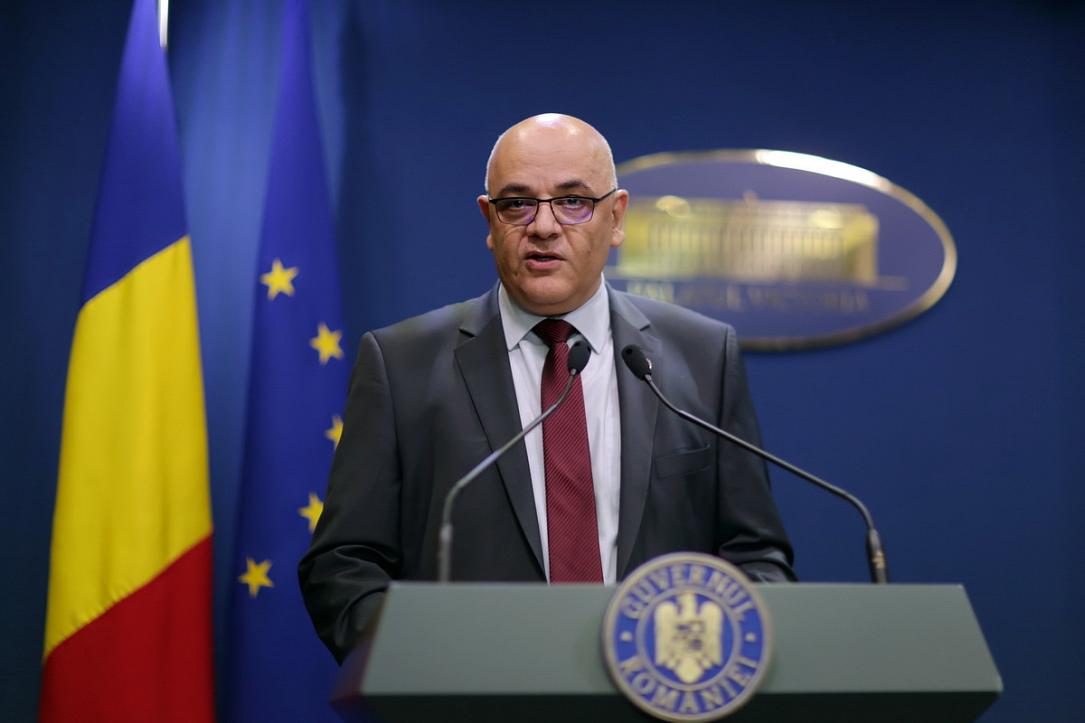Romania and other NATO member states preparing healthcare systems for conflict



Romania and other NATO member states are preparing their healthcare systems to receive patients in case of conflict, according to the head of the Department for Emergency Situations, Raed Arafat.
“Emergency departments or civilian hospitals receive patients in case of conflict, it's normal. Across Europe, everyone sees this, that if soldiers are injured, they will eventually end up in civilian hospitals. No country has military hospitals with all the specialties to meet the needs of soldiers. So, any civilian hospital may eventually receive injured soldiers or civilians,” Arafat said during an interview with Digi24.
The head of the DSU said that work is still to be done, especially in intensive care and surgical capacity.
“Work is being done everywhere to prepare the healthcare systems of NATO member countries to cope with a potential conflict situation. Even though everyone says that this is very unlikely and that we shouldn't be scared, yes, that's true, but being prepared is mandatory,” Arafat stated.
The official also said that a NATO-level meeting regarding the need for the healthcare system to be prepared to receive mass amounts of casualties, whether from war or from a natural disaster.
Romania’s healthcare system is also preparing for nuclear detection.
“Recently, we secured a project worth EUR 96.5 million for creating a medical stockpile and detection and monitoring for chemical, biological, and radiological events. A stockpile that we are creating in Romania on behalf of the European Union, and there are other countries similar to us that have taken such sums to do the same thing. All of these increase the level of preparedness,” Arafat added.
(Photo source: Gov.ro)